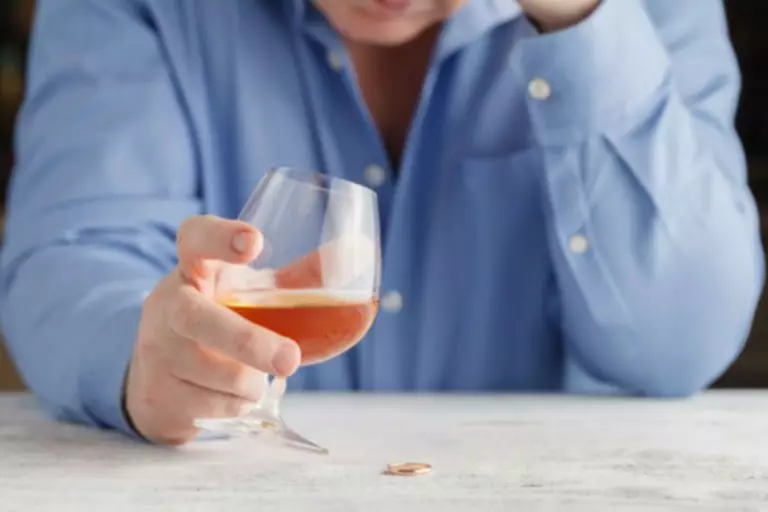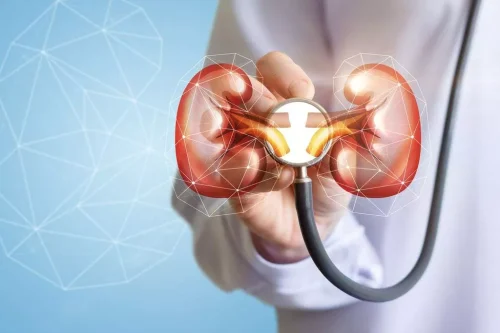
Aldehyde is toxic, and buildup is one of the key reasons people develop symptoms of a hangover. ALDH turns aldehyde into acetic beer sneezes acid, a nontoxic substance that doesn’t cause any harm. Watch that glass of red wine or hoppy beer if you have food allergies.
Why Do I Sneeze When I Drink Alcohol?
Wine and beer have a lot of histamines in them, which is a substance your body produces naturally. Histamines develop over time, mostly in aged beverages or foods, like wine and aged cheese. Most people have no problem with histamines, but they cause issues for others.
Here’s What Happens In Your Body During a Hangover
This effect can also make you feel hot when you drink alcohol, but it can also lead to short-term nasal congestion. The blood vessels around your nasal cavity can expand, making it a bit more difficult to breathe normally. Read on to uncover the science behind the stuffy nose phenomenon as well as key strategies to prevent it from becoming an inevitable side effect of drinking alcohol. Histamine is a chemical that occurs naturally in your body.
- Some of the most common culprits for reactions are gluten, hops, wheat, and yeast.
- Yeast, molds used in brewing beer from barley can cause chemical reactions that produce histamines and tyramines.
- While the cause of DAIH is unknown, researchers believe they are related to a drop in a neurotransmitter called serotonin, which regulates the body’s central pain control.
- In some people, drinking alcohol may also trigger an allergic reaction, which can cause sneezing and other symptoms.
- This is why people who drink alcohol at bedtime (especially in excess) may fall asleep quickly, but they are also more likely to experience fatigue and insomnia in the long run.
- In the most severe cases, a food or drink allergy can lead to anaphylaxis.
Can I Drink Alcohol With Allergy Medications like Benadryl, Claritin, or Zyrtec?
It happens when the nasal nerves are hypersensitive to environmental triggers. Antihistamines, in both oral and nasal forms, are often good treatment choices for sneezing caused by allergic rhinitis. They work against the histamine that is producing the sneezing and runny nose. Ok, so now that we’ve answered the question – why does my nose get stuffy when I drink? – it’s time to determine whether this is really a cause for concern or not. This is especially true if you suffer the occasional 2-day hangover.
More importantly, you’ll discover actionable ways to stop alcohol from inflaming nasal passages so you can avoid the dreaded stuffy nose hangover. The symptoms of histamine intolerance are similar to an allergic reaction. For example, potential symptoms include red and itchy skin, nasal congestion, shortness of breath, abdominal pain, and diarrhea. If you have symptoms of an allergy after drinking beer, you should see your doctor. They can help determine if you’re allergic to a specific ingredient in the beer. This will help you avoid that ingredient in other products.

Gustatory rhinitis

Alcohol can trigger asthma attacks in patients who have previously been diagnosed with asthma. Sneezing from chemical and physical irritants is not due to the release of histamine, so most antihistamines would not be expected to help in these cases either. Remember those old cartoons when black pepper was used to launch a character into a sneezing attack? Black pepper acts as a chemical irritant on the nerves in the nasal mucosa, which causes sneezing. To get to the bottom of what’s causing you to sneeze, keep track of when and what you eat to see if you can find any patterns. They can help you come up with a plan to manage your sneezing.
Common Sneezing Causes and Triggers
- Some people sneeze after eating, but doctors still aren’t completely sure why.
- Sneezing after eating is rarely cause for medical concern, but can be annoying, distracting, and irritating at times.
- If your doctor prescribes an epinephrine auto-injector, you should carry it with you at all times.
- When this blood-brain barrier isn’t protected as it should be, the brain is more susceptible to headache-inducing triggers.
- In some cases, over-the-counter or prescribed medications might help alleviate symptoms.
Sulfite and histamine sensitivity
